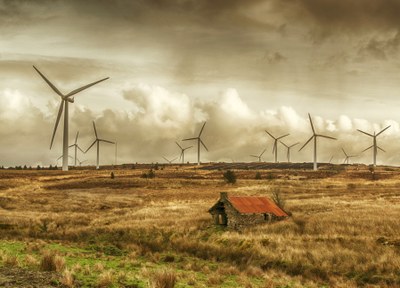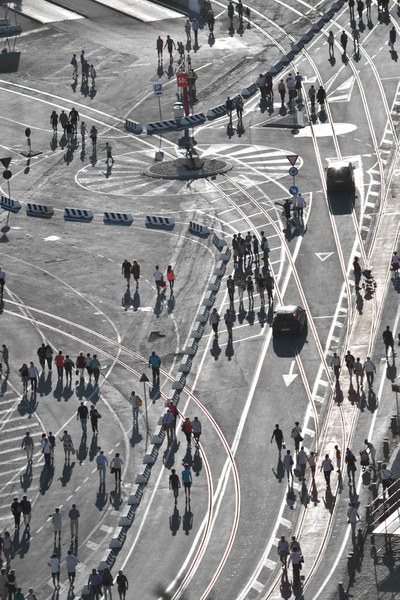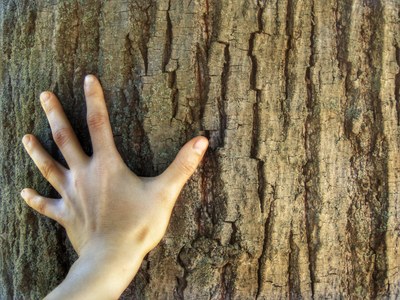All official European Union website addresses are in the europa.eu domain.
See all EU institutions and bodiesReducing waste or recovering its value by extending product lifespans or recycling are key parts of Europe’s efforts to create a circular economy which contributes to the European Green Deal’s sustainability goals. However, according to the European Environment Agency’s assessment, published today, many EU Member States are at risk of not meeting at least one of the main recycling targets for municipal waste and packaging waste by 2025. A second briefing highlights successful strategies used by those Member States that have achieved high recycling rates.
The EEA briefing on assessing progress towards EU waste recycling targets shows that 9 Member States — Austria, Belgium, Czechia, Denmark, Germany, Italy, Luxembourg, the Netherlands and Slovenia — are currently on track to meet the main recycling targets for municipal waste and packaging waste for 2025 while 18 are at risk of missing one or more of them. The briefing summarises the main findings of 27 more detailed country profiles.
The EEA analysis informs the European Commission’s early warning report on the performances of EU countries in waste management. The report aims to improve the implementation of EU waste laws and assist Member States at risk of missing targets. It identifies the main implementation gaps and their underlying root causes and suggests priority actions to improve performance and facilitate exchange of good practices amongst Member States.
The EEA’s work supports the monitoring of the Member States’ progress towards the 2025 recycling targets set out in the Waste Framework Directive and the Directive on packaging and packaging waste:
- 55% recycling and preparing for reuse of municipal waste;
- 65% recycling of total packaging waste;
- and material-specific packaging waste recycling targets (75% for paper and cardboard, 70% for glass, 70% for ferrous metals, 50% for aluminium, 50% for plastic and 25% for wood).
Success factors: Landfill taxes or bans and effective bio-waste collection
A second EEA briefing ‘Economic instruments and separate collection systems — key strategies to increase recycling’ provides an overview of the main measures EU Member States use to improve recycling rates and cut landfilling.
The briefing shows that those Member States with highest recycling rates — Germany, Austria, Slovenia, the Netherlands and Luxembourg — all have implemented well-designed landfill taxes, or landfill bans, make bio-waste collection convenient for many residents, and effectively use economic incentives to encourage citizens to sort their waste.
The briefing also notes that to improve overall recycling rates, collecting bio-waste separately also plays a key role as it is constitutes the largest fraction (37%) of all municipal waste.
The EEA analysis highlights that improving recycling rates requires a coherent combination of several well-designed and consistently implemented measures, such as landfill taxes and convenient, separate collection systems accompanied with good information to citizens.











